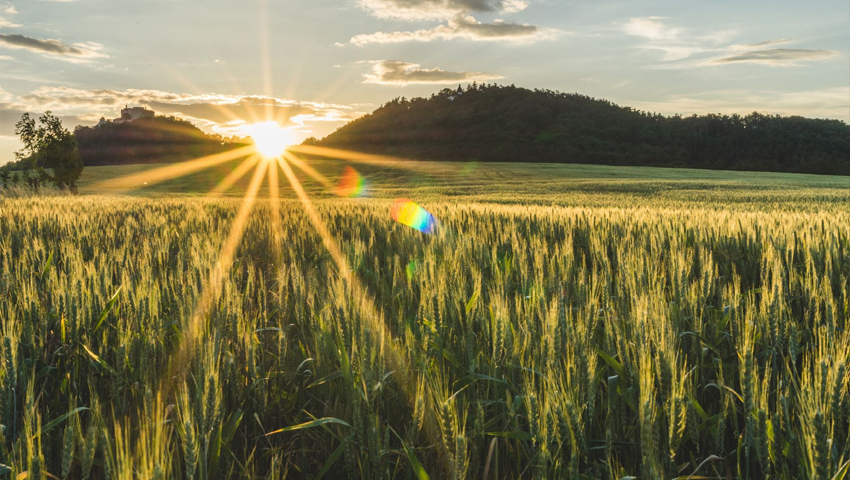Carlsberg has committed to sourcing 30% of all raw materials from regenerative farming sources by 2030, and 100% by 2040. In this way, the company says it “aims to promote biodiversity, restore soil health and support natural carbon capture”.
Rethinking the ‘farm to bottle’ process is challenging and requires multiple stakeholder alignments and value chain reconfigurations, but early examples emerging in the UK, Finland and France are encouraging.
Carlsberg hopes that its own transition will help to accelerate the beer industry’s move to a regenerative model.
In the UK, Carlsberg Marston’s Brewing Company (CMBC), working with the grain-trading company ADM, has committed to 100% regenerative barley for Carlsberg Danish Pilsner by 2027, and for all UK brands by 2031. This represents 7,000 tonnes of barley from 23 farmers for the 2023 harvest.
In supporting CMBC’s journey, Alice Andrew, Associate Partner at Ceres Rural, said “Agricultural systems vary hugely across the world due to climate, soil type, crops grown, scale and technology – therefore adapting the approach across markets is essential to success. Government and industry support for farmers will help scale these practices – from expert advice and facilitating peer-to–peer learning to gather local data to give more farmers confidence to adapt new practices.”
Jonathan Lane, Managing Director UK at ADM said “ADM is delighted to be supporting this exciting project. We have years of experience of supporting farmers in their transition to regenerative agriculture and understand the importance of creating value for participants across the value chains in which we operate.”
In Finland, partner farmers are supplying regenerative barley to Sinebrychoff, a Carlsberg Group company, for its annual KOFF Christmas Beer, while actively promoting regenerative farming among Finnish barley farmers.
In France, Kronenbourg SAS already has 45 partner farmers supplying traceable ‘Responsible Barley’, and the 1664 brand has committed to use this for 100% of the barley in its Blonde brews by 2026. As a brand holding 10% of the French beer market, 1664 will help to pivot the local industry in a new direction.
Simon Boas Hoffmeyer, Senior Director of Sustainability & ESG for Carlsberg Group, said “We cannot reach our targets alone. Partnerships are vital across the value chain, which is why we are collaborating closely with local farmers, traders, maltsters, agronomists and NGOs who provide expertise in the transition to regeneratively grown barley. Over time this will allow us to offer our customers lower-carbon beers and contribute to improving the ecosystems we rely on.”
